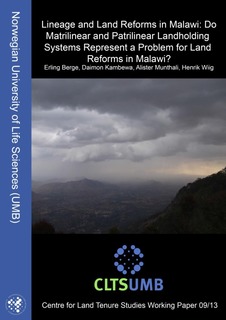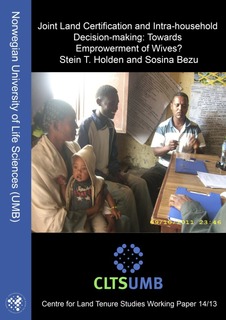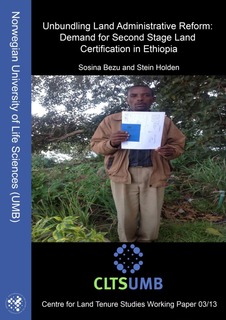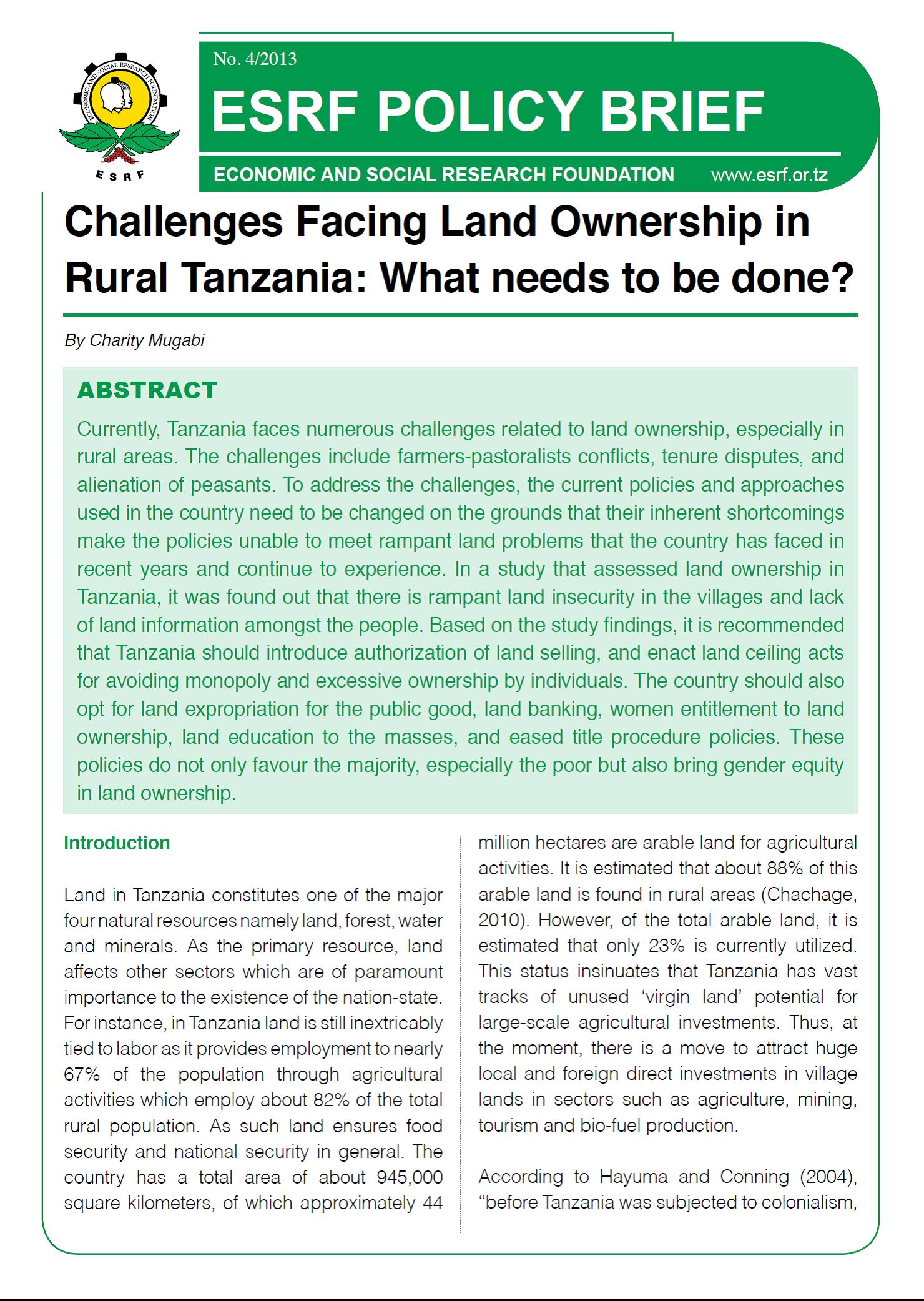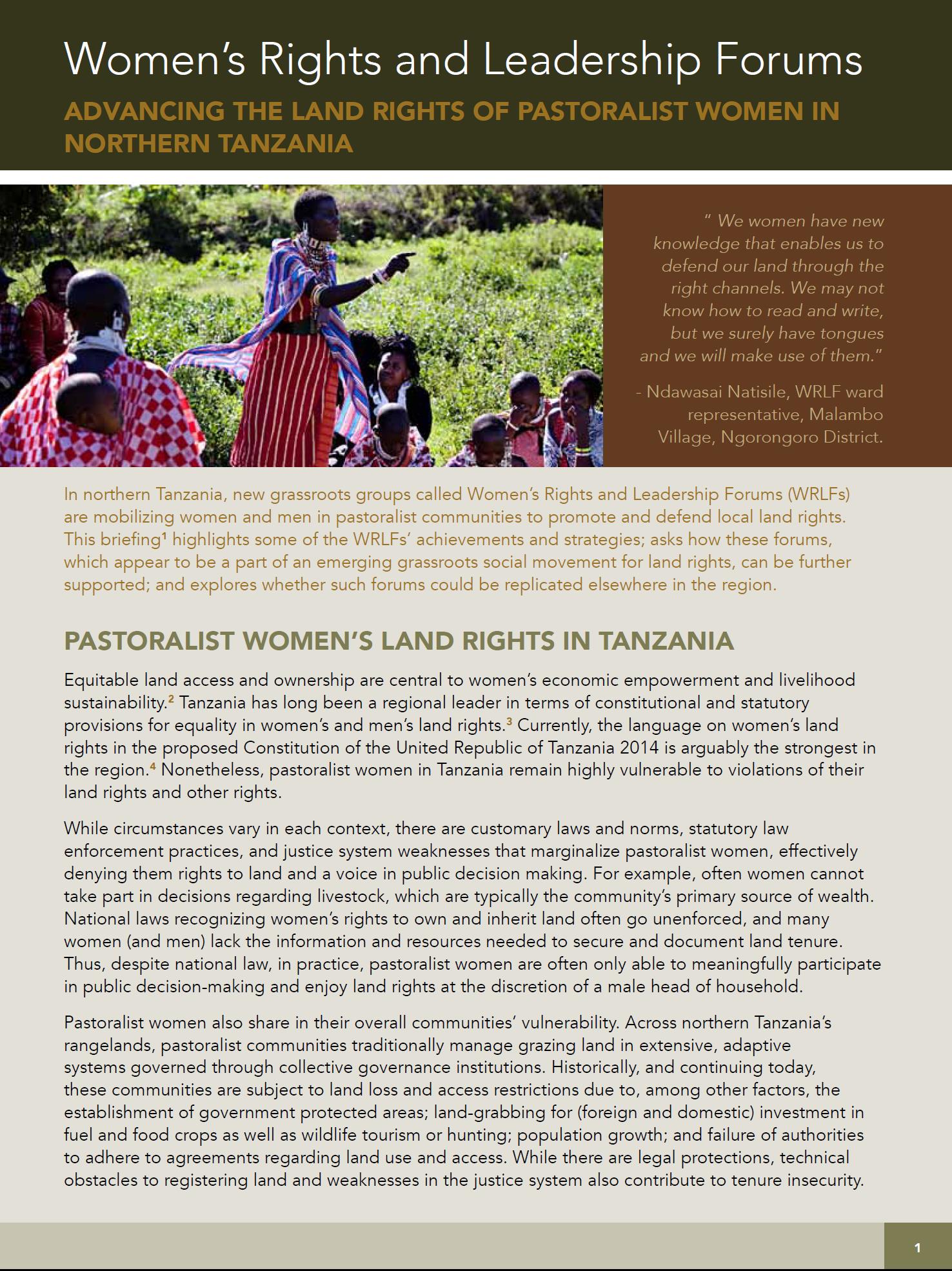Lineage and land reforms in Malawi: do matrilinear and patrilinear landholding systems represent a problem for land reforms in Malawi?
This paper is about land tenure relations among the matrilineal and patrilineal cultures in Malawi. Data from the National Agricultural and Livestock Census are used to characterize marriage systems and settlement and landholding patterns for local communities. Marriage systems correspond to customary land tenure patterns of matrilineal or patrilineal land holding. The differences between the two major ways of land holding represent a particular challenge for land reforms intending to unify rules for land tenure and land devolution.

